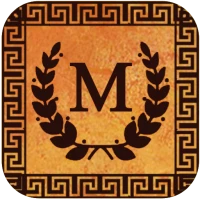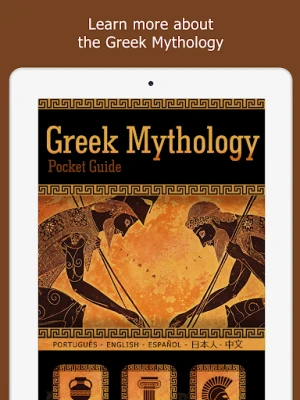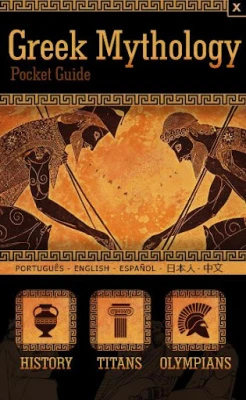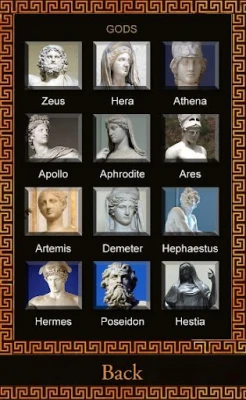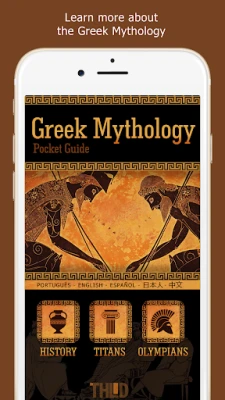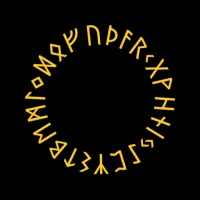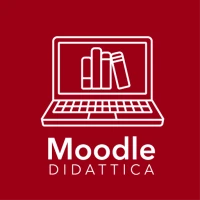
Latest Version
1.4.2
May 10, 2025
Theago Liddell
Education
Android
0
Free
com.theagoliddell.mitologiagrega
Report a Problem
More About Greek Mythology
The Enduring Legacy of Greek Mythology: Its Impact on Culture, Arts, and Science
Greek mythology stands as a monumental pillar of Western civilization, profoundly shaping its culture, arts, and literature. This ancient narrative tradition continues to resonate, influencing contemporary creators and thinkers alike. From poets to visual artists, the themes and characters of Greek mythology offer a wellspring of inspiration, revealing their timeless relevance in modern contexts.
The Cultural Significance of Greek Mythology
Greek mythology is not merely a collection of ancient stories; it is a rich tapestry that weaves together the values, beliefs, and experiences of a civilization. The myths of gods, heroes, and mythical creatures have permeated various aspects of Western culture, providing a framework for understanding human nature and the world around us.
Throughout history, artists and writers have drawn from these myths to explore complex themes such as love, power, betrayal, and redemption. The narratives of figures like Zeus, Athena, and Hercules continue to inspire modern storytelling, from literature to film, demonstrating the enduring power of these ancient tales.
Influence on Arts and Literature
From the epic poems of Homer to the dramatic works of Sophocles, Greek mythology has profoundly influenced literature. The themes of heroism and tragedy found in these ancient texts resonate with audiences today, as they explore the human condition in ways that remain relevant across generations.
Visual arts have also been significantly impacted by Greek mythology. Renowned artists such as Botticelli, Michelangelo, and Picasso have depicted mythological scenes, capturing the imagination of viewers and bringing these ancient stories to life. The aesthetic beauty and moral lessons embedded in these myths continue to inspire contemporary artists, ensuring that the legacy of Greek mythology endures in the art world.
Greek Mythology in Modern Contexts
Today, the relevance of Greek mythology extends beyond traditional arts and literature. It has found its way into popular culture, influencing movies, television shows, and even video games. Franchises like "Percy Jackson" and "God of War" showcase how these ancient stories can be reimagined for modern audiences, making them accessible and engaging for new generations.
Moreover, the archetypes and motifs present in Greek mythology serve as a foundation for storytelling across various mediums. The hero's journey, a narrative structure popularized by Joseph Campbell, draws heavily from mythological themes, illustrating how these ancient tales continue to shape contemporary narratives.
The Scientific Influence of Greek Mythology
Greek mythology's impact extends into the realm of science, particularly in the naming of celestial bodies. The planets of our solar system bear names derived from Roman adaptations of Greek deities, such as Mars (Ares) and Venus (Aphrodite). This connection highlights the intersection of mythology and scientific exploration, showcasing how ancient beliefs continue to influence modern understanding of the universe.
Furthermore, various academic disciplines, including psychology and anthropology, draw upon mythological concepts to explore human behavior and societal structures. The works of thinkers like Sigmund Freud and Carl Jung incorporate mythological themes to explain psychological phenomena, demonstrating the relevance of these ancient narratives in contemporary thought.
Exploring the Titans and Olympian Gods
Central to Greek mythology are the primordial Titans and the Olympian gods, each representing different aspects of existence and human experience. The Titans, such as Cronus and Rhea, embody the forces of nature and the cosmos, while the Olympian gods, including Zeus, Hera, and Poseidon, personify human traits and emotions.
This pantheon of deities not only serves as a source of inspiration for artistic expression but also provides insight into the values and beliefs of ancient Greek society. The stories of their interactions, conflicts, and relationships reflect the complexities of human nature, making them relatable even in today's world.
Conclusion: The Timeless Relevance of Greek Mythology
In conclusion, Greek mythology remains a vital part of Western heritage, influencing culture, arts, and science in profound ways. Its narratives continue to inspire creativity and exploration, bridging the gap between ancient wisdom and modern understanding. As we delve into these timeless stories, we uncover the universal truths that connect us all, ensuring that the legacy of Greek mythology will endure for generations to come.
Whether through literature, art, or scientific inquiry, the echoes of Greek mythology resonate in our lives, reminding us of the power of storytelling and the enduring nature of human experience.
Rate the App
User Reviews
Popular Apps



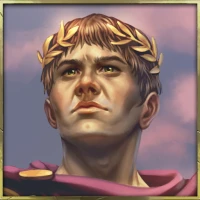






Editor's Choice










